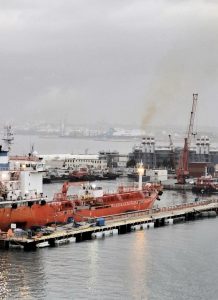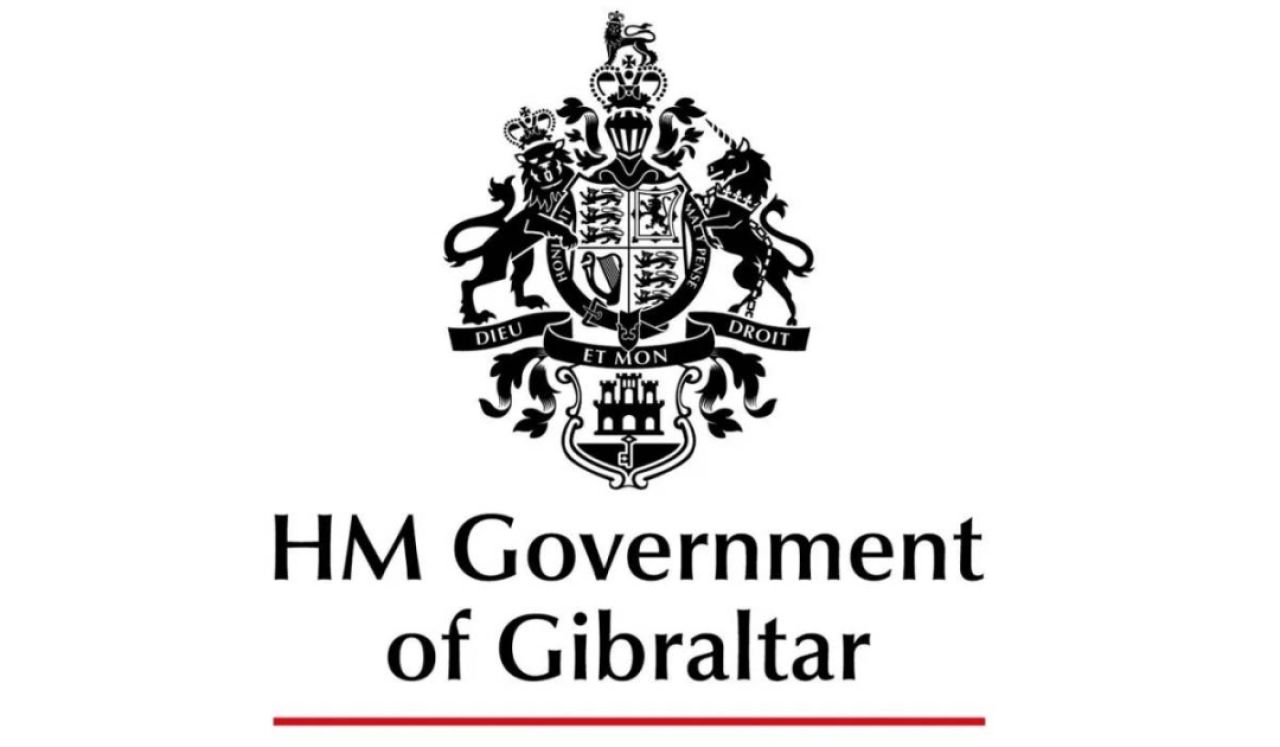The ESG has been in touch with Government agencies regarding worrying issues emanating from the North Mole Power Station in the last 10 days.
This was first raised publicly by the group in a Press release when information had not been forthcoming, after receiving several complaints from the public regarding heavy, yellow plumes at the plant.
Eventual reply from the Environmental Agency was that they were told by the GEA that the urea used to strip over 90% of NOx from emissions, was believed to be of poor quality and new supplies were being sourced.
When stack emission readings, available on the YouTube portal, continued to be very high we persisted with the Agency to check on what was happening.
End of last week we were notified by them that due to works at the LNG terminal, or even possible upgrades, the Power Station had had to run on diesel, for close to 2 weeks. This was unexpected and a great surprise to the ESG after having been given another explanation altogether. The group is aware of the industry’s obligations and permits and has raised these concerns directly with Government on how this was allowed to happen during works and not for start-up only, or emergency, as it is permitted to do.
While we are relieved to be told that gas supply is now restored, and emissions controlled, we believe the public has a right to know what is happening at all our installations and industry where activity and/or works can impact our health and the environment.
We expect these to be screened transparently and carried out to best practice and await further clarity from Government.






